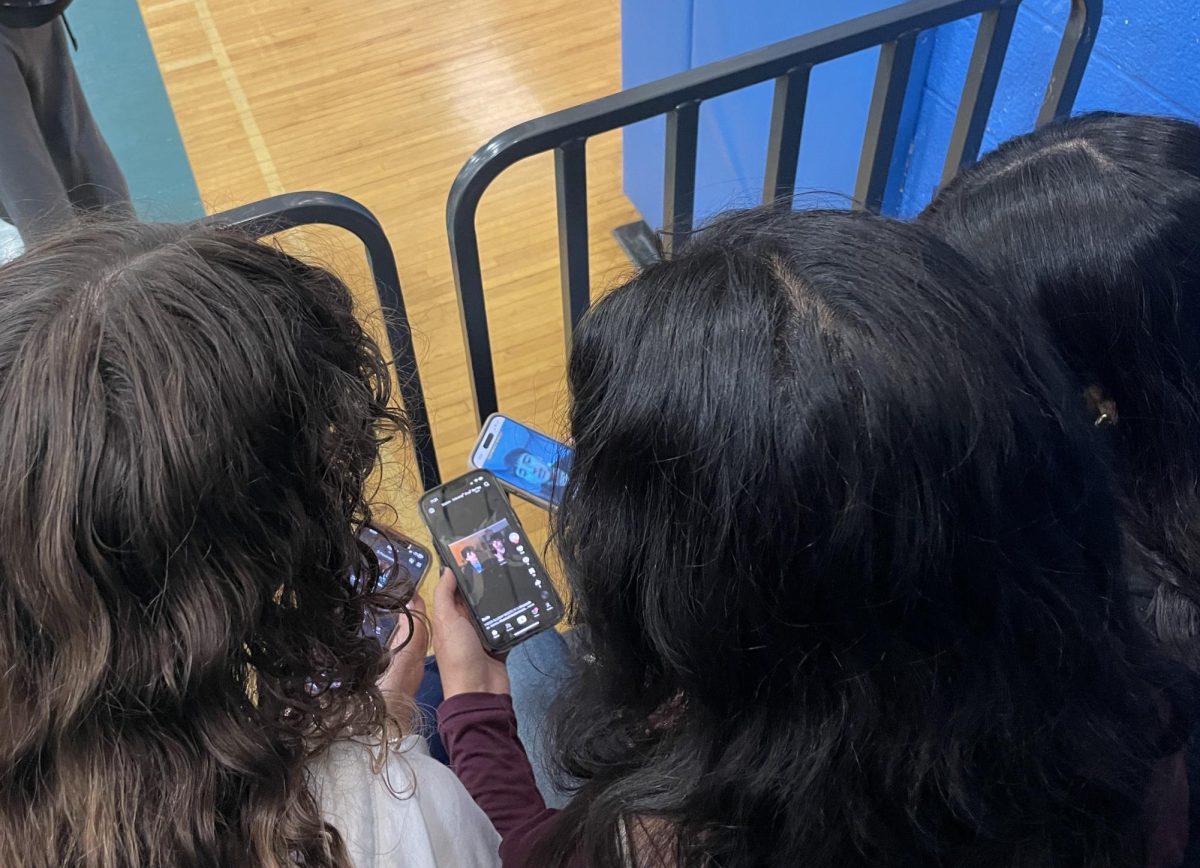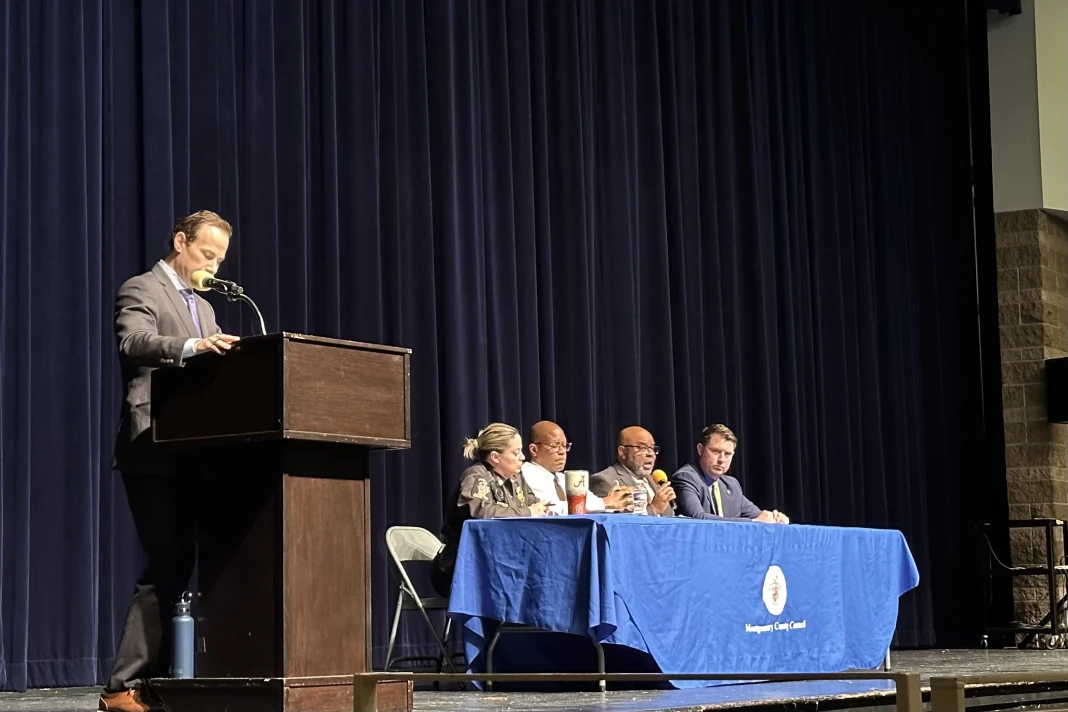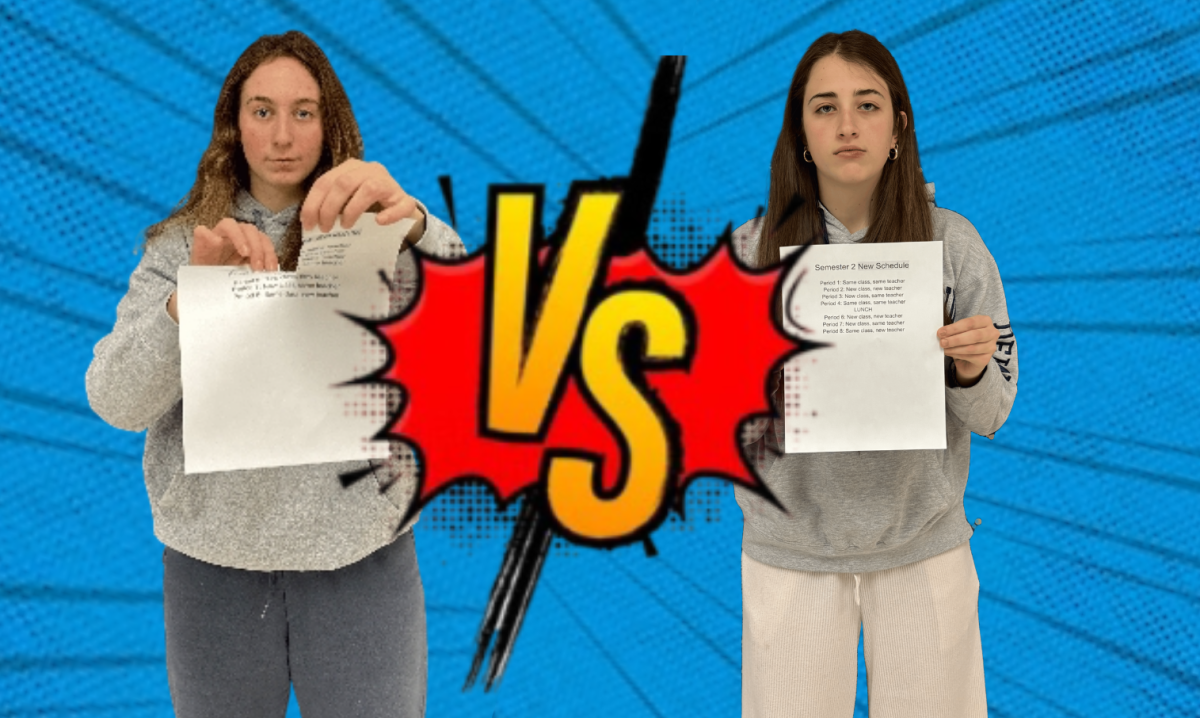The threat has been floating above Gen Z’s heads for a while now, just waiting to pounce. A little over a month ago on March 13, 2024, the House of Representatives initiated the first action–with an overwhelming majority–a bill aiming to remove TikTok from American phones or have it relinquished into the hands of American ownership. The plan is simple: have Bytedance (TikTok’s parent company) give up TikTok or we will. The problem is, it’s not that simple. Teenagers within WCHS and across the country use TikTok to share their thoughts and opinions; the jarring motion to remove their outlet has left many teens feeling as if they are being silenced.
Since its seemingly overnight rise to popularity in 2018, TikTok has dominated as one the top social media apps for teens and young adults. A site for entertainment, relatability, and a platform for anyone willing to post, no doubt TikTok has permanently reshaped the online scene. However, the app also can potentially be dangerous: TikTok has cited numerous cybersecurity concerns, including data collection. Being a Chinese-owned corporation adds another layer of unease surrounding exploitation from foreign adversaries.
National security is evidently a serious threat, however, it is of the least concern for Gen Z, having grown up in a digital space where apps constantly track data and information. Though some may call it ignorance, teenagers and young adults are far from digitally illiterate, with many going as far as to install VPNs, using private browsers, blocking cookie consent and being careful not to share any personal information.
Putting security aside, it’s rather ironic that a country such as the U.S.–which prides itself on the freedom of the open internet–would take the first step towards media censorship. With TikTok’s banning neatly packaged within the “Protecting Americans from Foreign Adversary Controlled Applications Act”, and lawmakers intending to put it into effect within the next 6 months, TikTok’s time is ticking.
TikTok is most notably known for its short form content, from dancing, comedy and drama to political commentary. A study done by Pew Research Center shows that about 63% of teens ages 13-17 use TikTok. Many post dance videos with their friends and some record tid-bits of their lives.
Along with content comes information and interconnectivity. Users often use TikTok to stay informed and up-to-date on the latest trends. TikTok allows users to create diverse communities with shared interests regardless of background and location. The U.S. should not be allowed to remove an app that fosters such strong communities and connections.
According to Cornell Law School, the Freedom of speech is the right to speak, write and share ideas and opinions without facing punishment from the government. TikTok provides such a platform for young adults to share opinions on social issues, advocate online and discuss under-the-radar topics. The federal government is actively blocking users from exercising their rights–with the pending ban on TikTok from app stores–on the basis of protecting Americans’ data from foreign exploitation.
As established, preventing people from expressing concerns and having civil discussions through the app can be detrimental to the U.S.’ long standing position as the patriot of open internet. Congress should not be able to ban TikTok from American access because of its implications against free speech and expression. Although there are security concerns surrounding the continuous usage of TikTok, teens and users have had their opinions discounted when it comes to the ban; there is an ever-prevalent need to support petitions and others speaking out across different platforms countering the legislation.









